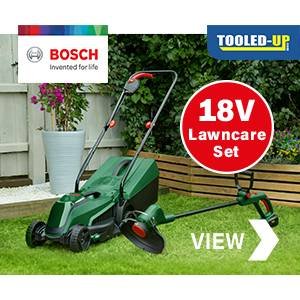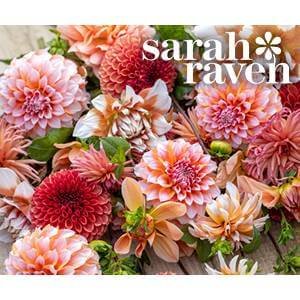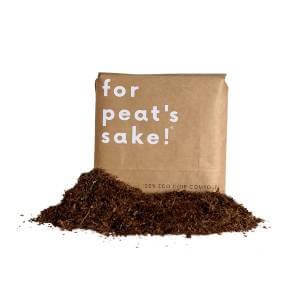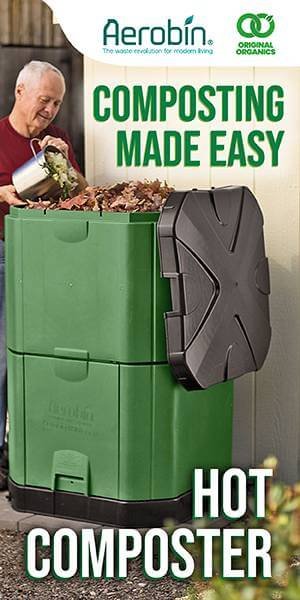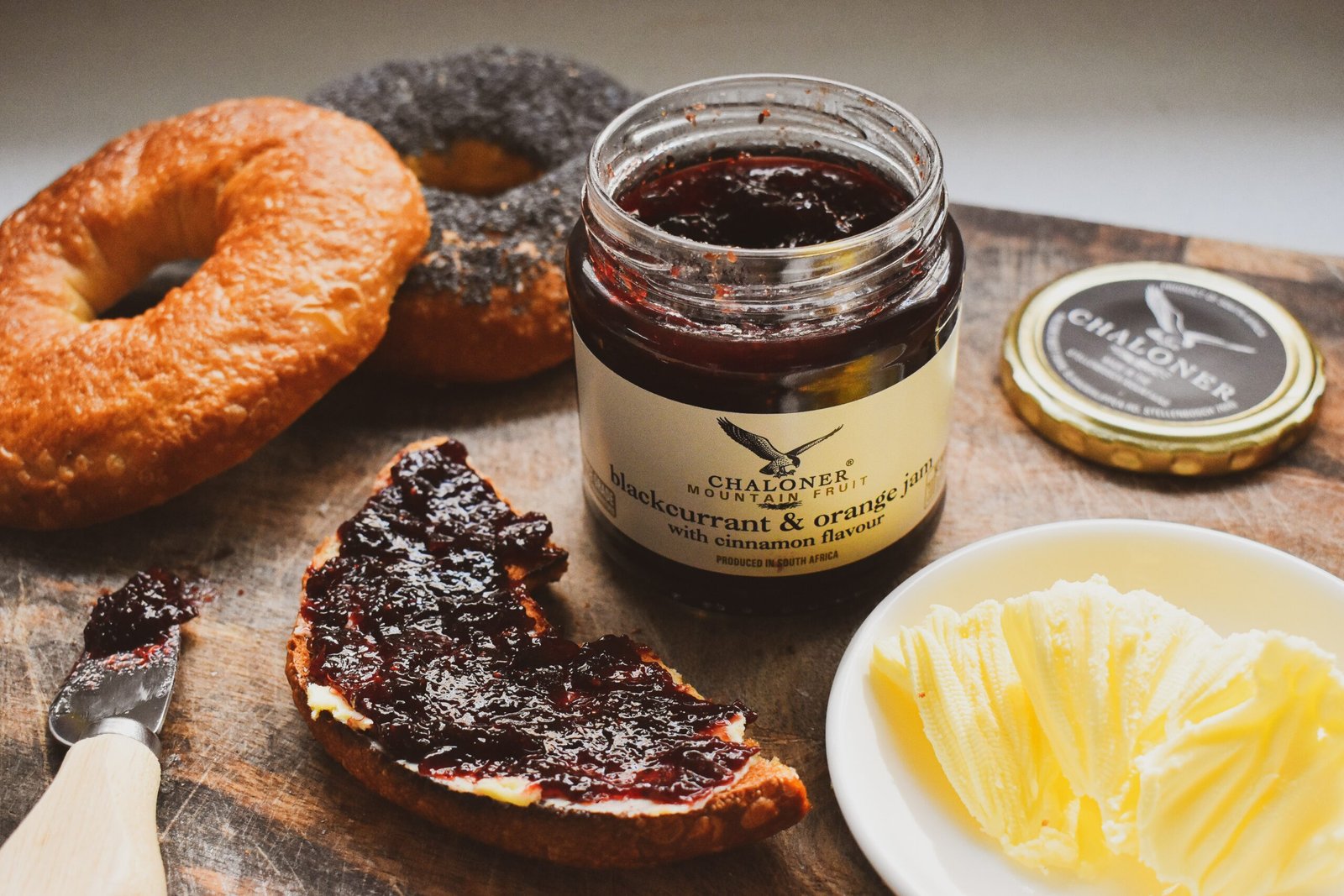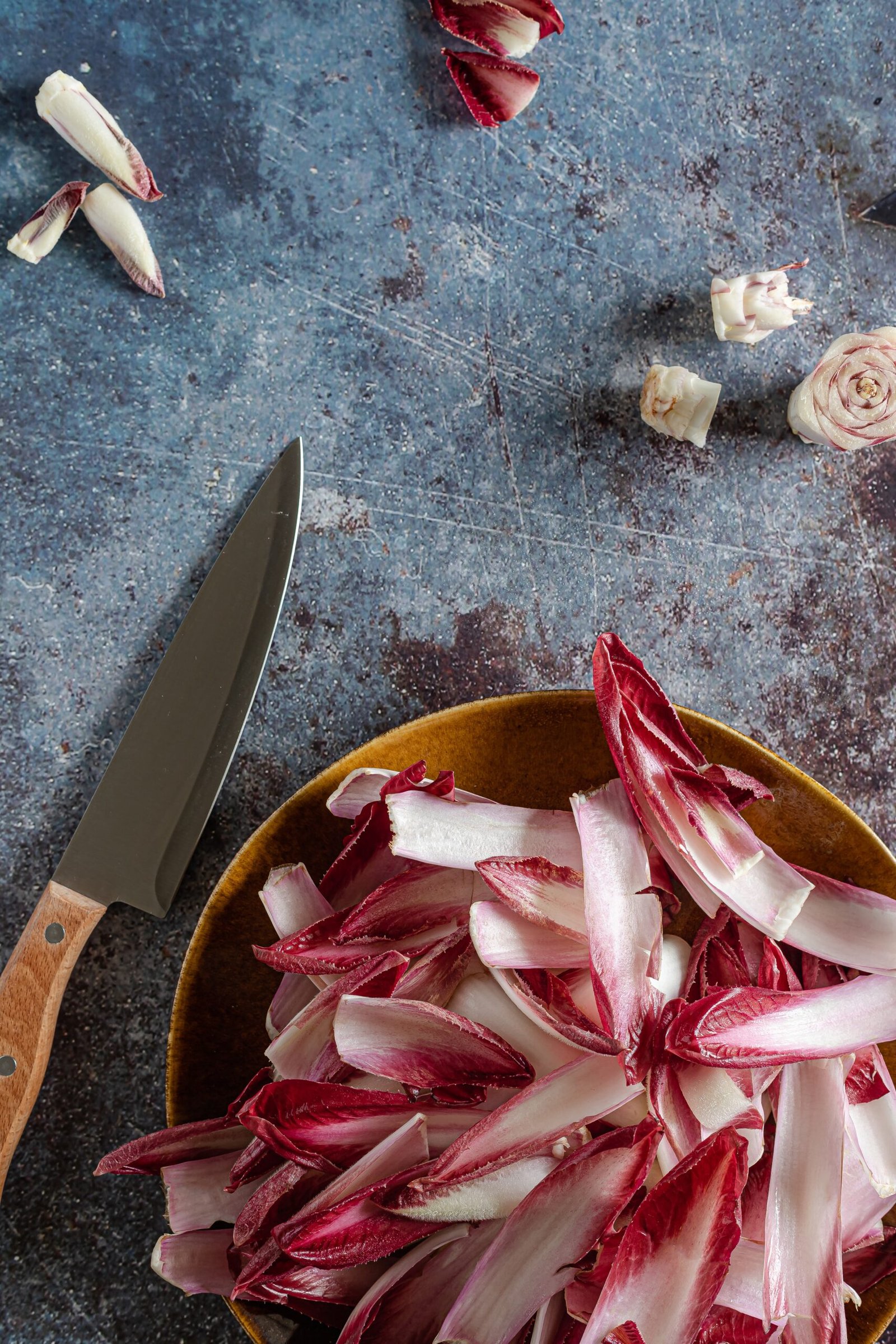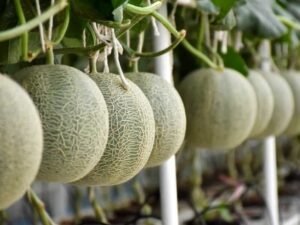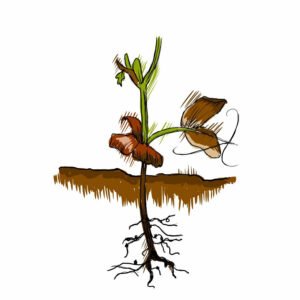Introduction
Welcome to the ultimate guide on how to grow your own delicious pears right in your backyard in the UK! Growing pears can be a rewarding and enjoyable experience, allowing you to savor the taste of freshly picked fruit. In this comprehensive guide, we will walk you through the step-by-step process of growing pears, from choosing the right location to harvesting and storing your bountiful crop.
Why Should I Grow Pears?
There are numerous reasons why growing pears is a fantastic idea. Firstly, homegrown pears are incredibly flavorful, much more so than store-bought ones. Additionally, you have complete control over the growing process, ensuring that no harmful pesticides or chemicals are used. Growing pears also allows you to connect with nature, reduce your carbon footprint, and save money in the long run.
Where is the Ideal Location to Grow Pears?
Pears thrive in sunny locations that receive at least six hours of direct sunlight each day. When choosing a spot for your pear tree, make sure it is sheltered from strong winds, as this can damage the delicate branches. Good air circulation is also crucial to prevent diseases. Ideally, the area should have well-draining soil to avoid waterlogged roots.
Soil Type and Preparing the Soil
Pears prefer slightly acidic to neutral soil with a pH level between 6.0 and 7.0. Before planting, it is essential to prepare the soil properly. Start by removing any weeds or grass from the area. Loosen the soil using a garden fork or tiller, ensuring it is well-drained. Incorporate organic matter, such as compost or well-rotted manure, to improve soil fertility and structure.
Watering Tips and Hints
Proper watering is crucial for the healthy growth of pear trees. During the first year, water the tree deeply once a week, providing enough moisture to reach the roots. In subsequent years, water during dry spells, ensuring the soil remains consistently moist but not waterlogged. Mulching around the base of the tree helps retain moisture and suppresses weed growth.
Sowing and Planting Pears
While pears can be grown from seeds, it is more common to plant young pear trees, known as saplings or bare-root trees. These can be purchased from reputable nurseries or garden centers. Plant the sapling in a hole that is wide and deep enough to accommodate its roots. Make sure the graft union is above the soil line. Backfill the hole, gently firming the soil around the tree.
How to Grow Pears from Seed
If you prefer to grow pears from seeds, it is important to note that the resulting tree may not produce the same quality of fruit as the parent tree. To grow pears from seeds, extract the seeds from ripe fruit, wash them, and allow them to dry for a few days. Plant the seeds in a pot filled with well-draining soil, keeping it consistently moist. Transplant the seedlings outdoors when they are around one year old.
How to Plant Out Pears – General Care for Pears
Once your pear tree is in the ground, it requires regular care to ensure healthy growth and a bountiful harvest. Pruning is essential to maintain the tree’s shape, remove dead or diseased branches, and improve air circulation. Fertilize the tree annually with a balanced organic fertilizer in early spring. Regularly monitor for pests and diseases, and take prompt action if any issues arise.
How to Harvest Pears
Harvesting pears at the right time is crucial for optimal flavor and texture. Pears are typically ready to be picked when they are firm but give slightly when gently pressed near the stem. Avoid waiting until they are fully ripe on the tree, as they may become mealy. Use pruning shears to cut the pears from the tree, leaving a short stem attached.
How to Store Pears
Pears can be stored for several weeks if properly handled. Place them in a cool, dark area with good ventilation, such as a cellar or refrigerator. Store them away from other fruits, as they release ethylene gas, which can cause premature ripening. Check the pears regularly and remove any that show signs of spoilage to prevent the spread of rot.
Problems in Growing Pears – Common Pests and Diseases
While pears are generally hardy, they can be susceptible to certain pests and diseases. Common pests include aphids, pear psyllids, and codling moths. To prevent infestations, monitor your trees regularly and take appropriate measures, such as using organic insecticides or introducing beneficial insects. Diseases like fire blight and pear scab can be controlled through proper pruning, regular inspections, and applying fungicides when necessary.
Where to Buy Pears
You can find pear saplings or bare-root trees at reputable nurseries, garden centers, or online gardening stores. Look for certified disease-free trees from trusted sources to ensure healthy and productive trees.
What are the Best Pear Varieties to Grow and Why?
There are numerous pear varieties suitable for growing in the UK. Some popular choices include Conference, Williams Bon Chretien, and Concorde. These varieties are known for their excellent flavor, disease resistance, and ability to thrive in the UK climate. Choose a variety that suits your taste preferences and the specific growing conditions in your area.
What Tools Will I Need to Grow Pears?
While growing pears requires minimal specialized tools, a few essentials will make the process easier. These include pruning shears, a garden fork or tiller for soil preparation, a watering can or hose, organic fertilizer, mulch, and protective netting or bird scarers to deter birds from eating your precious fruit.
Conclusion
Growing your own pears at home in the UK is a rewarding and enjoyable experience. By following the steps outlined in this guide, you can successfully cultivate delicious, homegrown pears that will impress your family and friends. Remember to provide proper care, monitor for pests and diseases, and enjoy the bountiful harvest that awaits you!
Frequently Asked Questions
Q: How long does it take for a pear tree to bear fruit?
A: Pear trees typically start bearing fruit after 3 to 5 years.
Q: Can I grow pears in containers?
A: Yes, certain dwarf or patio pear varieties can be grown in containers, provided they have adequate space, sunlight, and proper care.
Q: Do I need to hand-pollinate pear trees?
A: Most pear varieties are self-fertile, meaning they do not require cross-pollination. However, having multiple pear trees nearby can increase fruit set and yield.
Q: When is the best time to plant pear trees?
A: The ideal time to plant pear trees is during the dormant season, which is typically in late autumn or early spring.
Keywords used: how to grow pears, growing pears, grow pears at home, grow pears in the UK, ideal location for pears, soil preparation for pears, watering tips for pears, sowing and planting pears, grow pears from seed, plant out pears, general care for pears, harvest pears, store pears, problems in growing pears, common pests and diseases of pears, where to buy pears, best pear varieties to grow, tools for growing pears.










